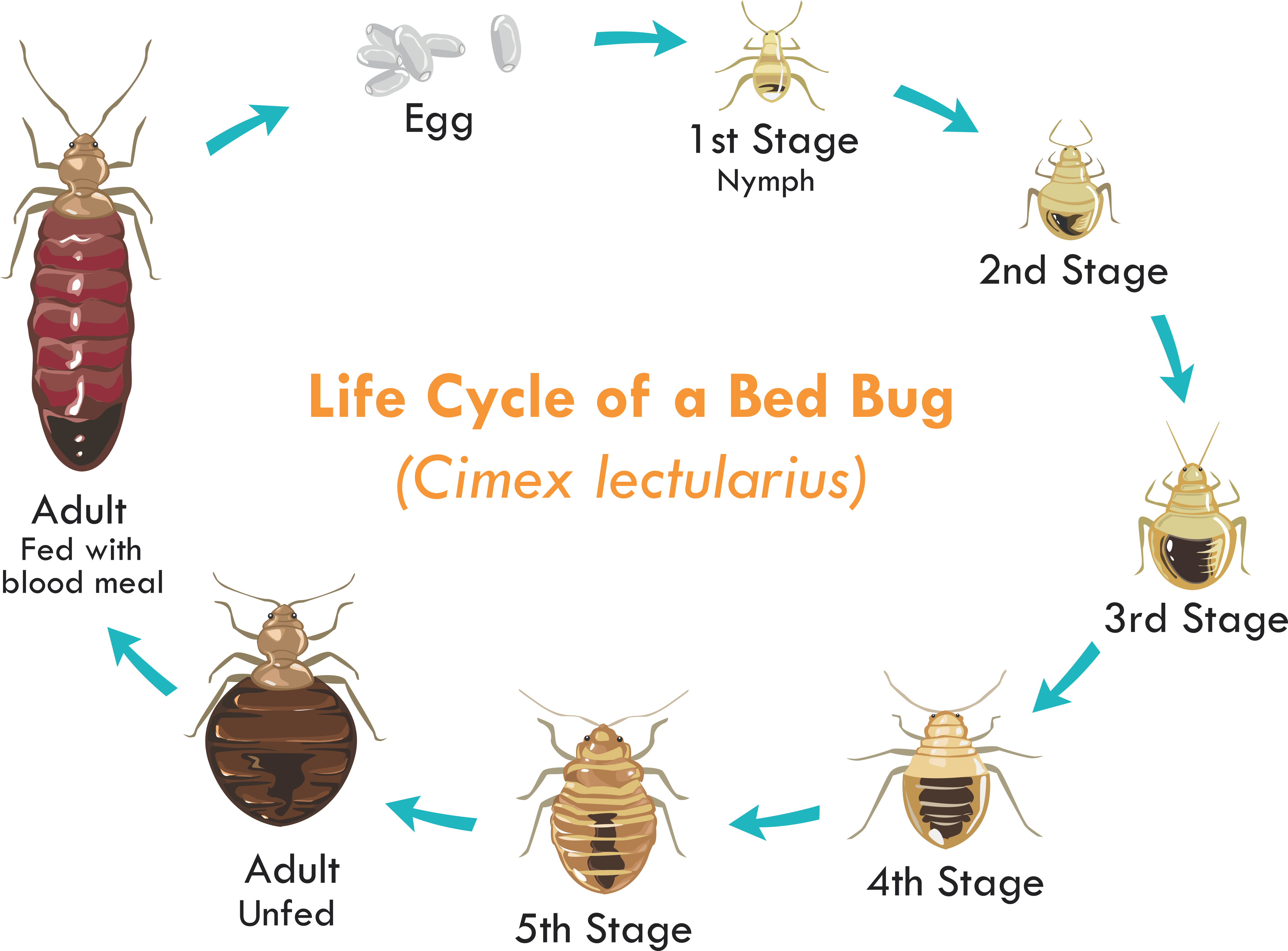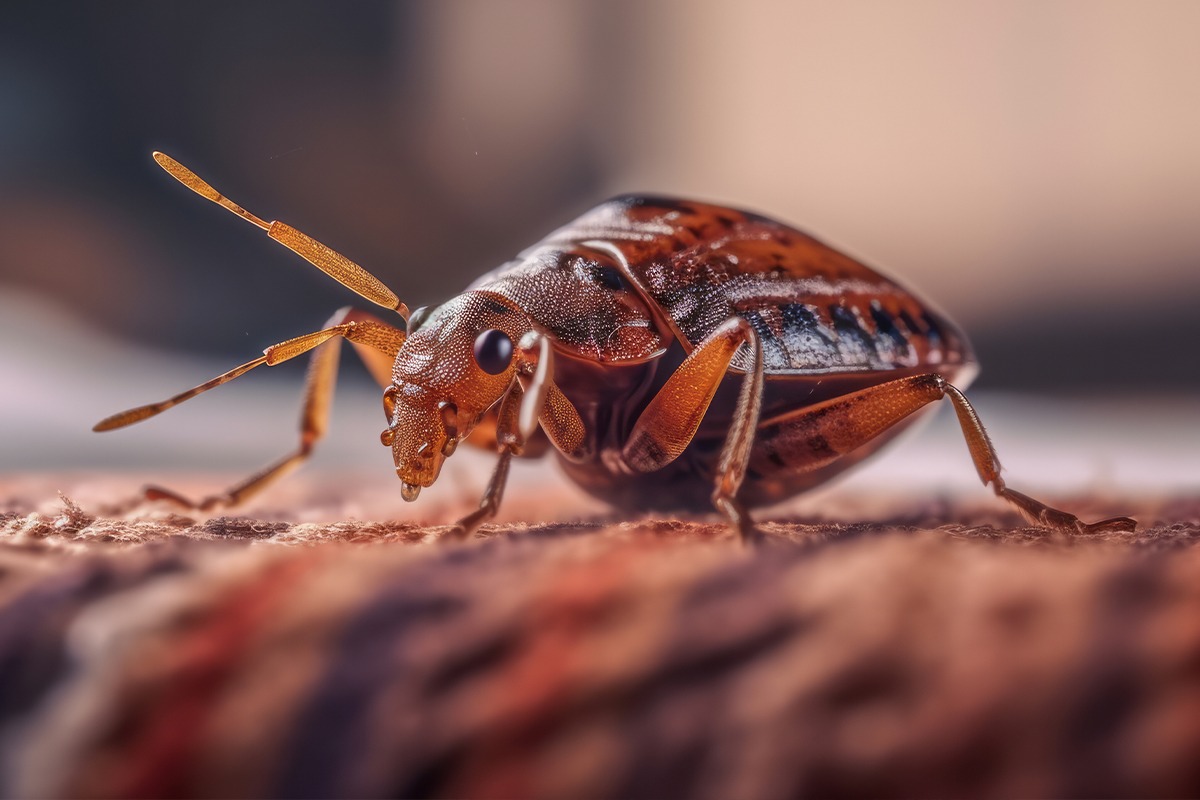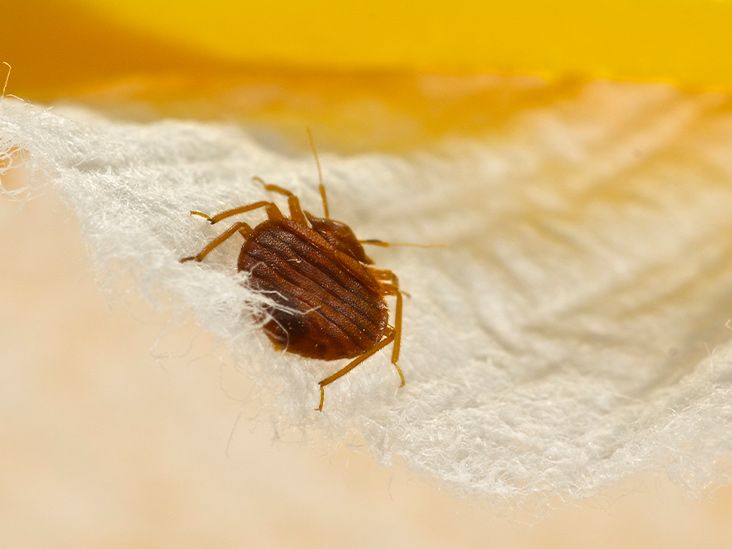Get proven relief from infestations with an expert Bed Bug Treatment service.
Efficient Bed Pest Treatment Methods: A Trick Component of Bug Control
The revival of bed bug problems has actually underscored the necessity for reliable therapy methods within the insect control industry. These resistant bugs, capable of evading conventional methods, require a complex method that incorporates both traditional and innovative approaches.
Recognizing Bed Insect Habits

One of the specifying qualities of bed bugs is their capacity to recreate quickly. A solitary woman can lay hundreds of eggs in her life time, leading to swift populace growth if left unchecked. Additionally, bed bugs can survive for several months without feeding, permitting them to withstand durations of host absence, which can prevent prompt monitoring initiatives.

Standard Therapy Techniques
While contemporary techniques to bed insect monitoring have acquired appeal, standard treatment approaches stay foundational in resolving infestations. These approaches largely consist of chemical treatments and physical treatments.
Chemical chemicals, such as pyrethroids and neonicotinoids, have actually been historically employed to remove bed insects. These compounds function by disrupting the nerve system of the parasites, causing their eventual death. Nonetheless, due to the growth of resistance amongst bed bug populations, efficiency can differ.
Physical techniques, consisting of warm treatment, have actually additionally become part of typical techniques. This involves increasing the temperature of plagued areas to a dangerous level for bed pests, typically around 120 ° F(49 ° C) for continual durations. This technique is specifically helpful as it can pass through numerous materials and does not leave chemical deposits.
Additionally, detailed cleaning methods, such as vacuuming and cleaning plagued bedding and apparel, are crucial in this strategy. Sealing fractures and holes, in addition to using cushion encasements, can additionally prevent bed insects from establishing themselves in living areas. Jointly, these conventional techniques supply an essential foundation for handling bed insect infestations properly.
Modern Technologies in Treatment
The landscape of bed bug treatment has progressed dramatically with the introduction of modern technologies that improve effectiveness and effectiveness in managing invasions - Bed bug Exterminator. Among one of the most noteworthy improvements is using warmth treatment, which entails increasing the temperature level of ravaged locations to levels dangerous to bed insects. This technique not just eradicates grown-up bugs however additionally targets eggs, hence disrupting their reproductive cycle
An additional innovation is the application of advanced monitoring systems, such as bed insect discovery pets and state-of-the-art catches equipped with sensors. These devices help determine invasions early, permitting prompt intervention. Additionally, the advancement of pesticides with unique modes of action, made to conquer resistance, guarantees that parasite control professionals have efficient choices at their disposal.
In addition, the combination of innovation in insect control monitoring, such as data analytics and mobile applications for monitoring and reporting problems, streamlines the treatment procedure. These developments jointly add to even more sustainable and effective bed insect monitoring approaches, reflecting the industry's recurring commitment to enhancing insect control end results. As an outcome, both residential or commercial property proprietors and pest management experts can come close to problems with higher confidence and precision.
Preventative Actions for Infestations
Reliable avoidance techniques weblink are crucial in decreasing the risk of bed insect infestations, with positive procedures playing a crucial function in safeguarding both domestic and commercial areas. One of one of the most effective methods is regular evaluations of living and work locations, especially in position where people frequently collect, such as resorts and public transport. Early discovery can considerably lower the chances of an infestation becoming developed.

An additional preventative procedure involves the cautious evaluation of used furnishings and garments prior to bringing them right into your area. Utilizing protective encasements on cushions and box springtimes can additionally supply an efficient barrier against bed bugs.
Last but not least, enlightening citizens and workers regarding the signs of bed insect presence, such as tiny blood discolorations or dark areas on sheets, empowers people to act promptly if they presume an invasion, therefore reducing the likelihood of prevalent problems.
(Exterminator Washington DC)
When to Seek Professional Assistance
Recognizing the indicators of a bed insect problem beforehand can make a considerable distinction in managing the trouble efficiently. Tiny, brownish pests, together with rusty discolorations on bed linen, are indicators that should not be forgotten. If these indications are apparent, it is critical to evaluate the extent of the situation.
Bed pests are infamously resistant, and their capacity to conceal in hard-to-reach areas complicates treatment efforts. If you see that bed bugs re-emerge regardless of duplicated attempts to eradicate them, it might be time to get in touch with a parasite control specialist.
Finally, individuals with allergies or respiratory concerns must prioritize expert treatment. The chemicals utilized in pest control can posture health threats otherwise applied properly. Eventually, engaging a licensed parasite control service ensures a comprehensive and effective resolution to bed pest issues, securing your home and wellness.
Final Thought
Effective bed insect therapy strategies are crucial in managing invasions and alleviating their influence. Ultimately, understanding bed bug habits and understanding when to look for specialist aid ensure that effective management techniques are employed, contributing to long-term insect control success.